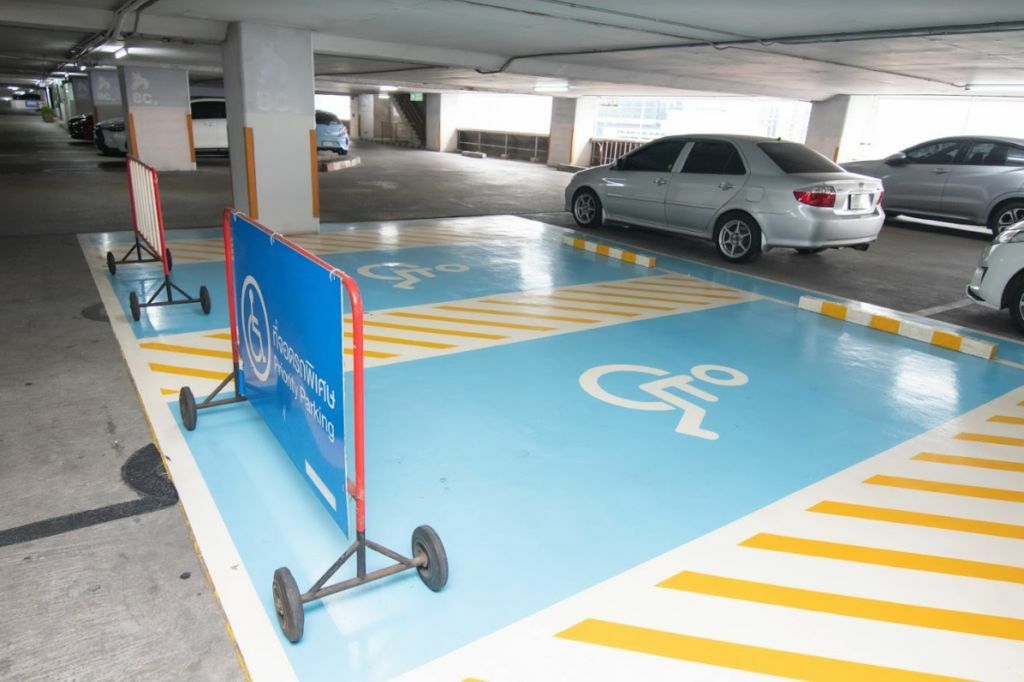Driving change: Thai tax breaks on cars for the elderly, disabled

The Excise Department is set to introduce a new ministerial regulation to waive taxes on cars designed specifically for the elderly or people with disabilities. This regulation would reduce the current excise tax rate of 25 to 40% on such vehicles.
Ekniti Nitithanprapas, director-general of the department, explained that vehicles with over 10 seats, such as passenger vans, are currently exempt from excise tax. However, if a vehicle is modified by removing seats to install special equipment for people with disabilities or the elderly, thereby reducing the number of seats to fewer than 10, it becomes subject to the 25 to 40% excise tax.
In an effort to promote equality and convenience for people with disabilities and the elderly, and to support Thailand’s goal of becoming a medical hub, the Excise Department will propose to the Finance Ministry a regulation to waive the excise tax applied to vehicles adjusted for these groups.
To ensure the policy is not misused to avoid taxes, the department will require verification that the vehicle modifications are genuinely for disabled or elderly people. Relevant agencies will be responsible for inspection and certification.
Additionally, the department plans to issue an announcement specifying guidelines and requirements for equipment for people with disabilities and the elderly, such as lifts, seatbelt systems, and wheelchair securement systems. This statement will include specifications for symbols and text indicating that the vehicle is for disabled or elderly people, said Ekniti.
“This measure not only helps people with disabilities and the elderly but also promotes the production and use of innovations in the automotive industry.”
Excise tax
He noted that the department’s focus has shifted from solely taxing products that impact the environment, health, or are considered luxury items to also prioritising societal welfare.
For instance, the department previously introduced a sugar tax to encourage beverage producers to reduce the sugar content in their products. This initiative aimed to address the rising cases of diabetes in Thailand.
The sugar tax is calculated based on sugar content: drinks with more than 14 grammes of sugar per litre are taxed at 5 baht (US$0.15), those with more than 10 grammes of sugar per litre are taxed at 3 baht (US$0.09), those with more than 8 grammes of sugar per litre are taxed at 1 baht (US$0.03), and those with less than 6 grammes of sugar per litre are exempt from the tax, reported Bangkok Post.
Over the past four to five years, this measure has led to a significant reduction in sugary beverages. The production of drinks containing more than 14 grammes per litre has decreased from 819 million litres per year to just 16 million litres per year.
Latest Thailand News
Follow The Thaiger on Google News:


























